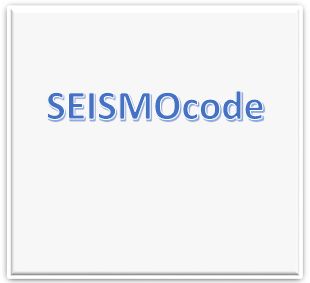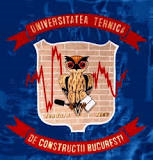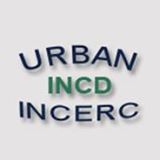The SEISMOCODE project
The SEISMOCODE project developed an e-learning platform for life-long learning to support the practical implementation of the newly-adopted Romanian code for the design of buildings for earthquake resistance, P100-1/2013. This code, enforced on January 1, 2014, represents the updated edition of P100 1/2006, the first Romanian seismic code harmonized with the corresponding European standard, Eurocode 8, part 1 (EN 1998:1-2004).
Scientific Methods
The e-learning platform was developed according to a transdisciplinary research strategy, by the fusion of knowledge issuing from two different disciplines, each with its own divisions and subsets, i.e. civil engineering (structural design, seismic design) and IT and educational technologies (web based training (WBT), Software as a Service (SaaS), Technology-Enhanced Learning (TEL), e learning / m-learning). This is in accordance with the definition of transdisciplinarity, which implies research on problems that cross the boundaries of two or more disciplines. The research complies also with another essential characteristic of transdisciplinary research, which is the inclusion of stakeholders in defining research objectives and strategies in order to better incorporate the diffusion of learning produced by the research. The potential users of the platform, practicing professionals in structural design, were consulted prior to the proposal submission on its necessity and general structure; additional consultation was performed during the phases of the project.
News
News and events related to project implementation.
- Phase I was completed on December 2014.
- Phase II was completed on December 2015.
- Phase III was completed on December 2016.
- Phase IV was completed on September 2017.









